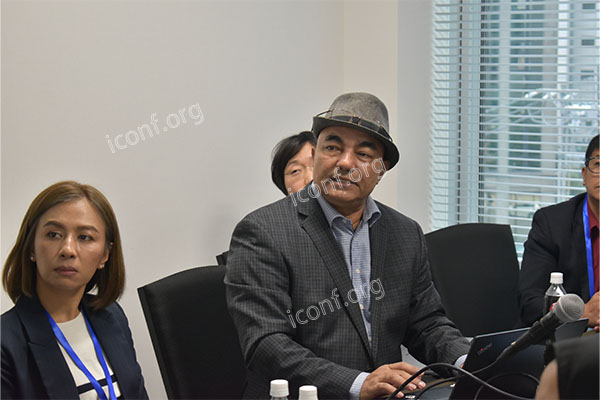In the fast-evolving world of power and electrical engineering, academic conferences are vital platforms for presenting breakthrough research, advancing innovative technologies, and fostering global collaboration. Responding to a Call for Papers (CFP) in this field is an excellent opportunity to showcase your research, contribute to industry innovations, and join a dynamic network of scholars and industry professionals.

Global Exposure:
Submitting your work to a power and electrical engineering conference increases your research visibility on an international stage. It allows you to share your findings with experts, practitioners, and policymakers from around the world, driving forward the field of electrical engineering and power systems.
Collaborative Opportunities:
A well-crafted CFP submission can open doors to interdisciplinary collaborations, new research partnerships, and joint ventures that address real-world challenges—from renewable energy integration and smart grid technologies to innovative power system solutions.
Advancing Research Innovation:
Participating in these conferences helps you stay informed about cutting-edge trends, from the latest advancements in power electronics to breakthroughs in sustainable energy systems. Your research can contribute to shaping future technologies and influencing global engineering practices.
Comprehensive Conference Listings:
iconf.org aggregates international conference CFPs across various engineering disciplines, making it easier to find relevant events without the need to search multiple sources.
Expert Submission Guidelines:
The platform provides detailed guidelines and expert tips to help you prepare a competitive manuscript that meets the stringent requirements of leading conferences.
Global Networking and Collaboration:
By connecting with a vibrant community of researchers, iconf.org facilitates valuable academic exchange, enabling you to form collaborations that can drive innovative research projects.
Resource Integration:
Access a wealth of high-quality academic papers, journals, and datasets that complement your research, helping you stay updated on the latest trends and technological advancements in power and electrical engineering.
Responding to a Call for Papers in power and electrical engineering conferences is a strategic move to elevate your research and contribute to the global dialogue on innovative energy solutions. By following best practices in manuscript preparation, crafting a compelling abstract, and leveraging platforms like iconf.org for guidance and networking, you can significantly enhance your research impact and professional growth.
Take the next step in your academic journey—prepare your submission, join a global network of experts, and let your research drive the future of power and electrical engineering innovation. Visit iconf.org today to explore comprehensive resources and unlock new opportunities for collaboration and academic success.